The controversial Aberdeen incinerator project is still on schedule to start burning rubbish this winter, despite the impact of Covid on construction.
The £150 million Ness Energy Project is currently being built in East Tullos.
Once it’s finished, it will process waste that can’t be recycled from the three council areas of Aberdeen, Aberdeenshire and Moray.
It is planned to burn 150,000 tonnes of unrecyclable material every year, and produce heat and electricity in the process.
The facility is intended to reduce the volume of waste from each of the local authority areas going to landfill.
Concerns have been raised about the potential for harmful pollution coming from the plant, however, earlier this year the Scottish Environment Protection agency gave the scheme the green light to proceed subject to conditions.
The watchdog found “no potential for significant pollution”.
When will the Aberdeen incinerator be finished, and how has progress been so far?
According to a report which will go before councillors next week, the “large majority of construction works are complete”, and “cold commissioning of the plant is underway”.
The remaining works required include installing the aluminium tile roof, electrical works and the installation of boiler components.
Work on external roads and landscaping are also still to be completed.
If all goes to plan, “current indications” are that “hot commissioning” will start this winter, and the facility will be “fully operational” next summer.
Hot commissioning is the process of actually firing up the incinerator to burn waste.
Once this process starts at the site, the facility will be able to gradually ramp up the amount of waste being burned.
The date at which the contractor is obliged to start taking and managing the waste from the three councils is October 29 this year.
Issues reported during construction of Aberdeen incinerator
Since February this year, there has been “minor construction workforce impact” due to a number of positive Covid tests in the teams of both the main contractor Acciona and its subcontractors.
The council report says the contractor has “reported adverse impacts on the overall delivery of the project”, and is seeking additional payments.
According to the council, the contractor said these problems have arisen as a result of:
- Covid restrictions on staff movements/working arrangements
- Impacts on the supply chain, with delays in the delivery of materials to the site
- Issues with recruitment of suitably-trained staff.
The contractor says these factors have played a part in hampering work.
The council report said: “The contractor is seeking additional payments as a result of his perceived impacts that this has had on his overall programme, in terms of both time and monies.”
The project has as a whole faced numerous delays since the council first made the business case for the incinerator in 2013.
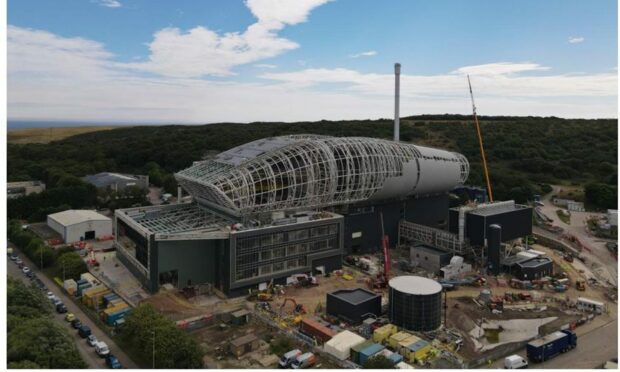
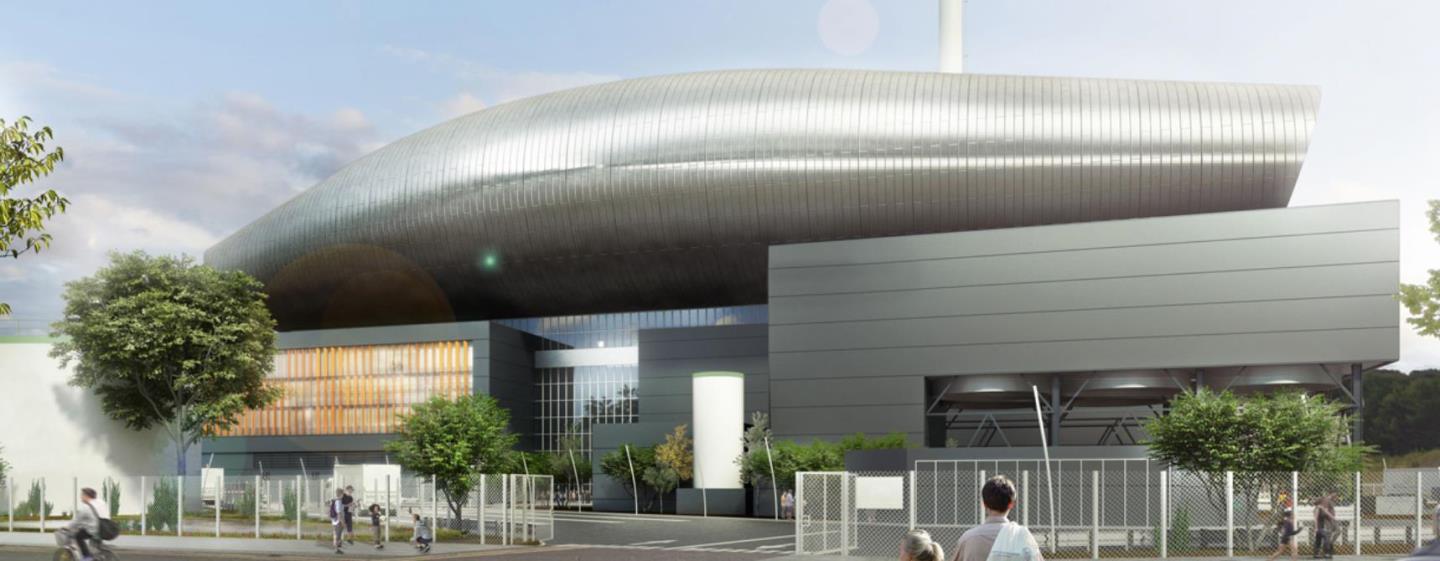
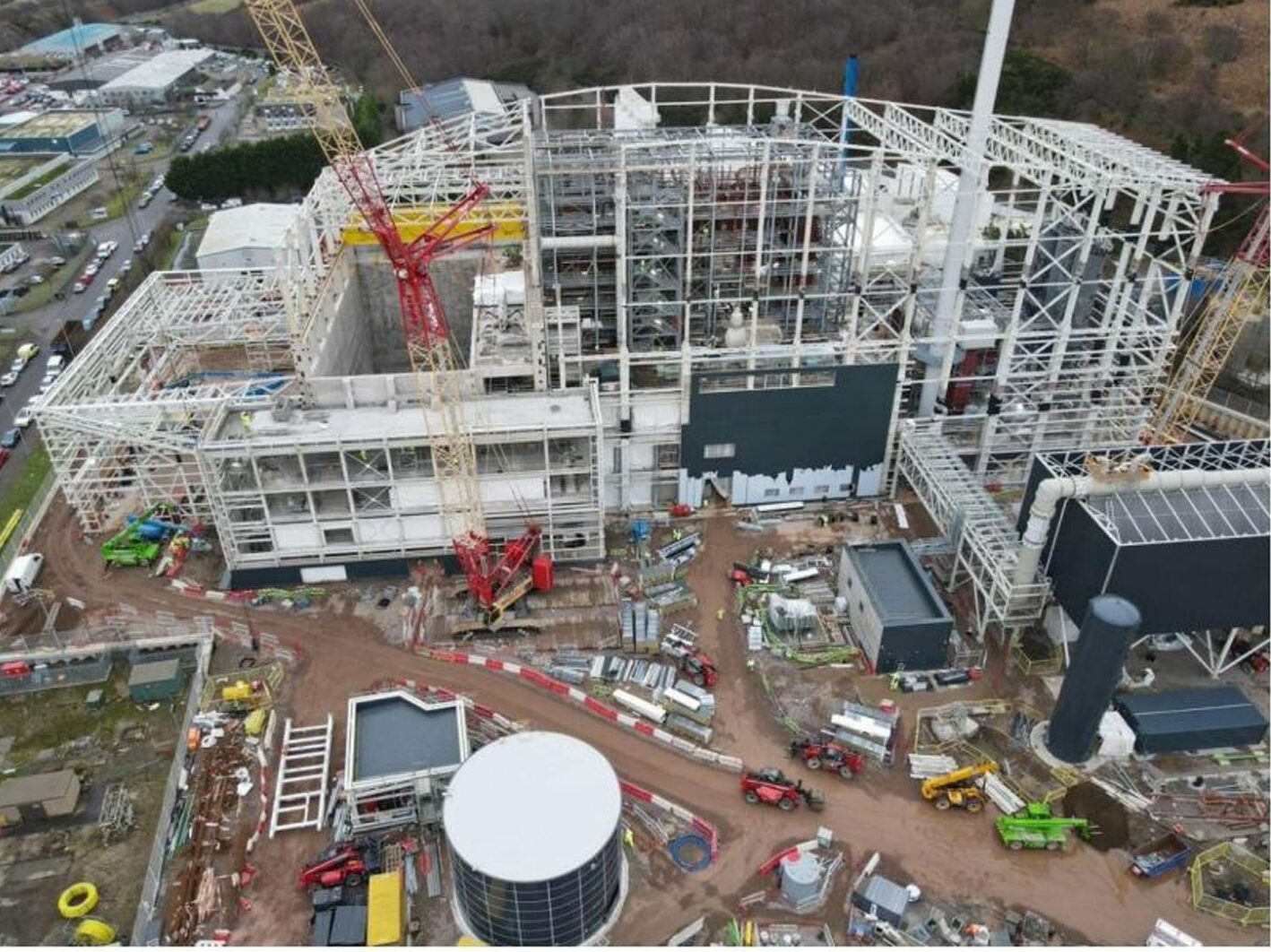
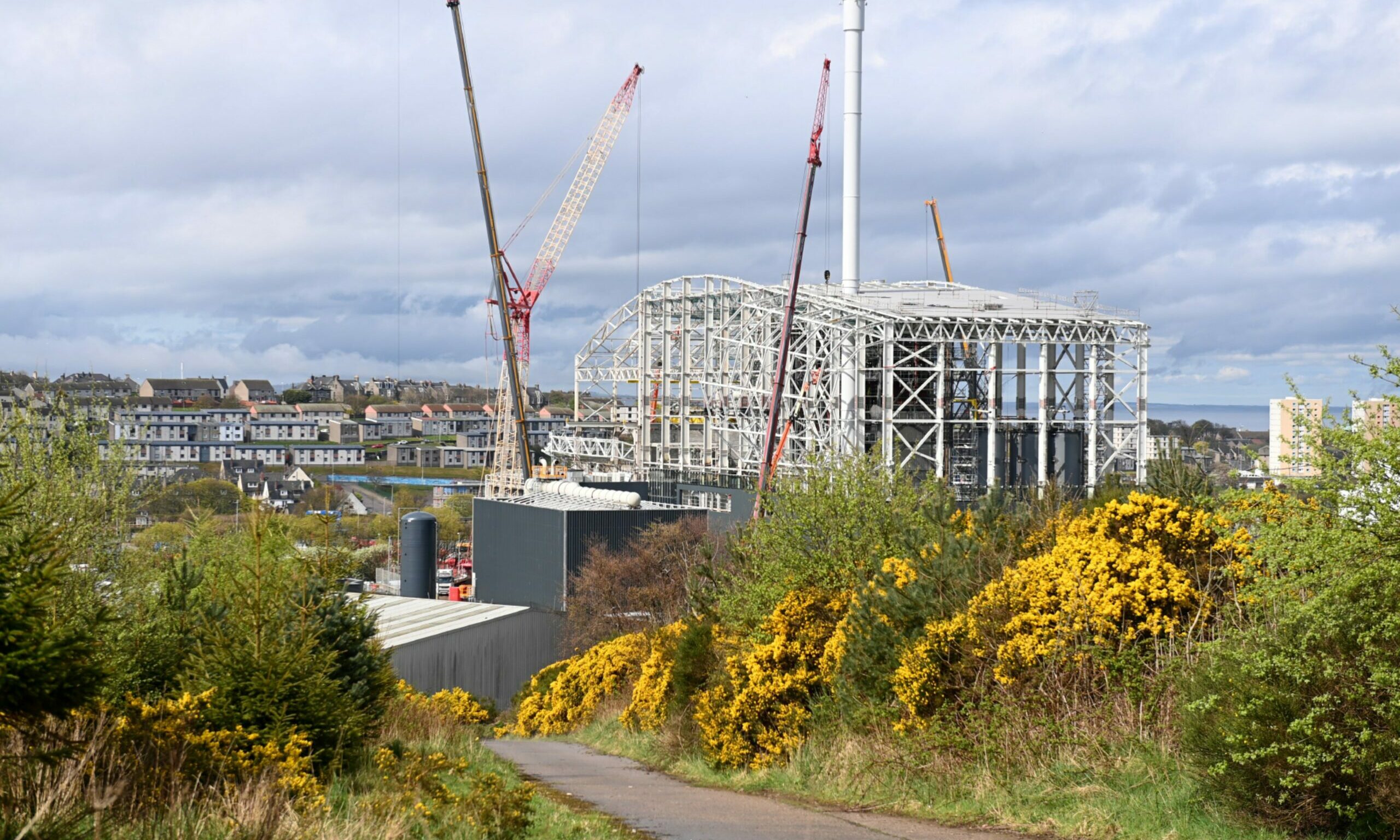
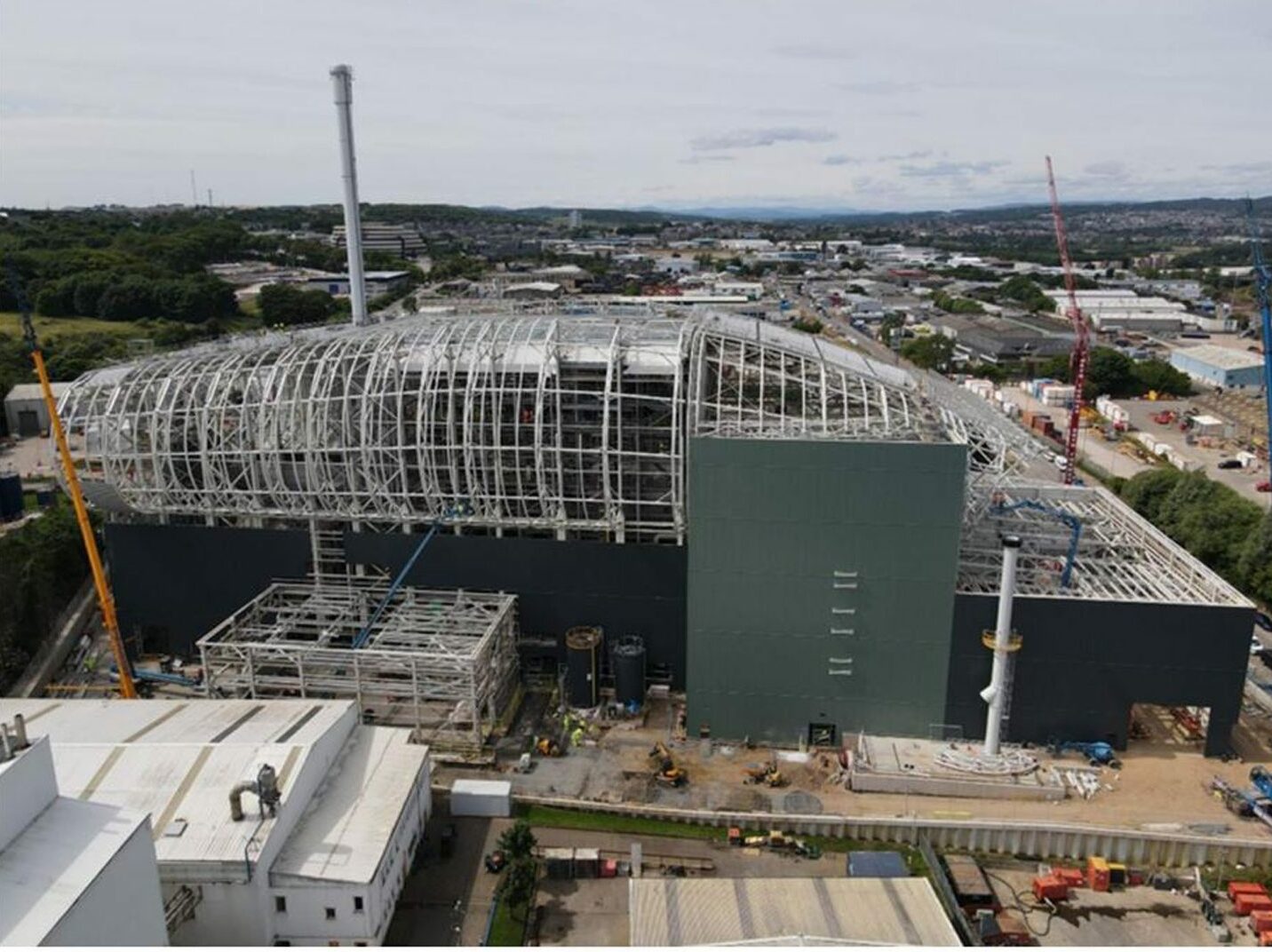
Conversation